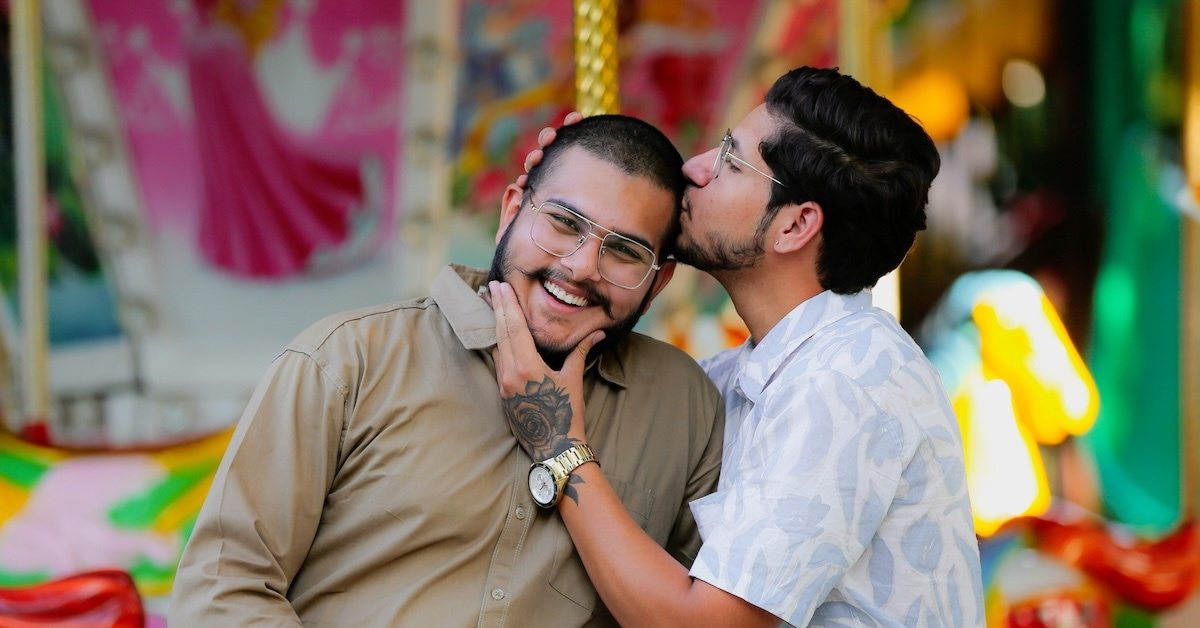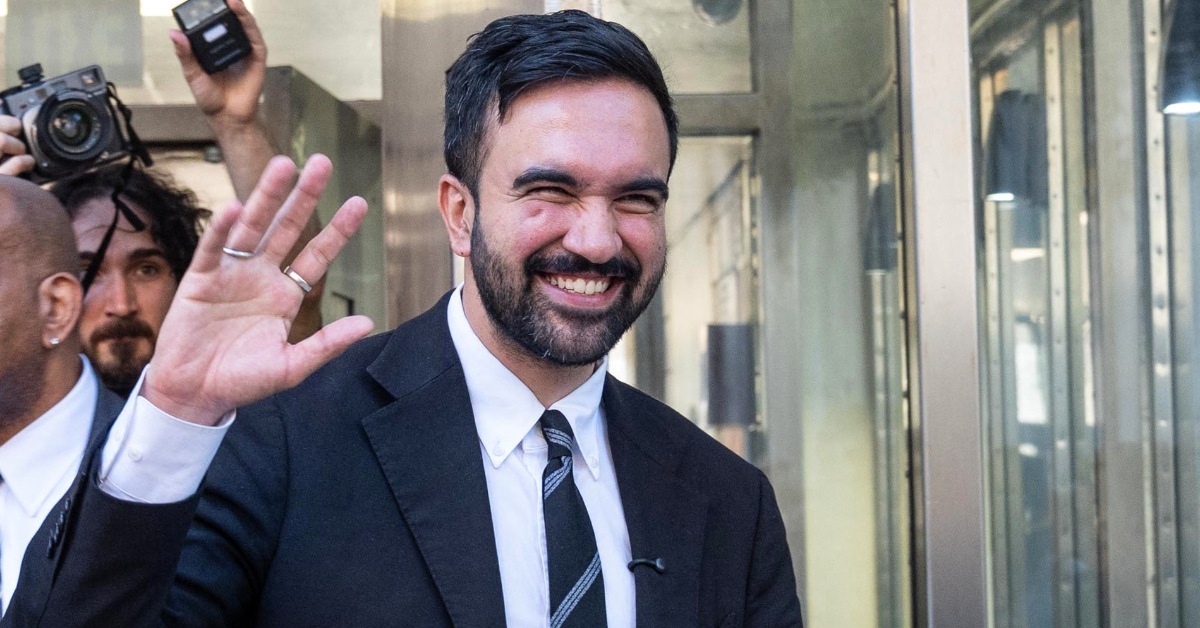BY: Walker
Published 3 years ago

Google CEO Sundar Pichai said on Sunday that he was worried about the need to deploy AI technology quickly, and also feared it might be used to cause harm.
via: CNBC
In an interview with CBS’ “60 Minutes” aired on Sunday that struck a concerned tone, interviewer Scott Pelley tried several of Google’s artificial intelligence projects and said he was “speechless” and felt it was “unsettling,” referring to the human-like capabilities of products like Google’s chatbot Bard.
“We need to adapt as a society for it,” Pichai told Pelley, adding that jobs that would be disrupted by AI would include “knowledge workers,” including writers, accountants, architects and, ironically, even software engineers.
“This is going to impact every product across every company,” Pichai said. “For example, you could be a radiologist, if you think about five to 10 years from now, you’re going to have an AI collaborator with you. You come in the morning, let’s say you have a hundred things to go through, it may say, ‘these are the most serious cases you need to look at first.’”
Pelley viewed other areas with advanced AI products within Google, including DeepMind, where robots were playing soccer, which they learned themselves, as opposed to from humans. Another unit showed robots that recognized items on a countertop and fetched Pelley an apple he asked for.
When warning of AI’s consequences, Pichai said that the scale of the problem of disinformation and fake news and images will be “much bigger,” adding that “it could cause harm.”
Last month, CNBC reported that internally, Pichai told employees that the success of its newly launched Bard program now hinges on public testing, adding that “things will go wrong.”
Google launched its AI chatbot Bard as an experimental product to the public last month. It followed Microsoft’s January announcement that its search engine Bing would include OpenAI’s GPT technology, which garnered international attention after ChatGPT launched in 2022.
However, fears of the consequences of the rapid progress has also reached the public and critics in recent weeks. In March, Elon Musk, Steve Wozniak and dozens of academics called for an immediate pause in training “experiments” connected to large language models that were “more powerful than GPT-4,” OpenAI’s flagship LLM. More than 25,000 people have signed the letter since then.










